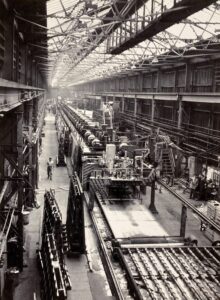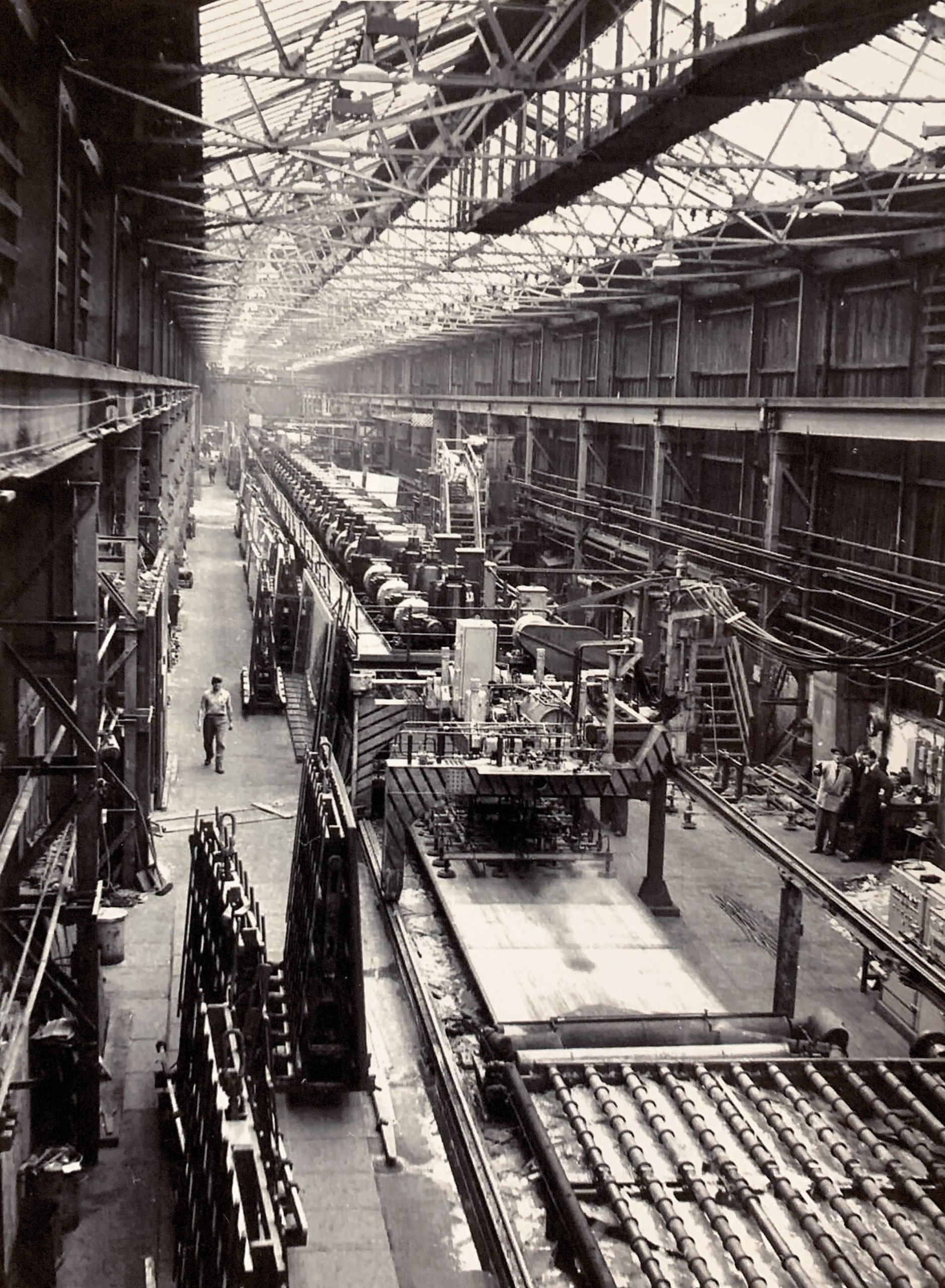Remembrance Day gives us a moment not only to honour those who served, but also to recognise the industries that quietly supported the nation throughout both World Wars.
The UK glass sector was one of them — contributing skills, innovation, and resilience at a scale that is often forgotten today.
Seeing Clearly in Battle
Before the First World War, Britain relied heavily on imported optical glass. When war broke out, that supply vanished. British manufacturers, including Chance Brothers in Smethwick and Pilkington Brothers in St Helens, stepped up to produce periscopes, binoculars, gunsights, and aircraft lenses. These precision glass components allowed soldiers, sailors, and airmen to see clearly in some of the most challenging conditions.
Supporting Medicine and Research
Glassworks across the country produced the vials, ampoules, syringes, and laboratory glass that kept field hospitals and research teams supplied. Without these contributions, treating the wounded and developing vital medical solutions on the Home Front would have been far more difficult.
Powering Communications and Radar
Glass was also central to early communications and radar technology. Factories produced the precision glass for radio valves and radar tubes — technology that proved decisive in defending Britain’s skies during the Second World War.
Protection and the Home Front
From armoured vehicle windows to emergency glazing for bomb-damaged buildings, glass helped protect both people and infrastructure. Factories adapted production lines, kept furnaces running, and contributed staff and engineering capacity to the national effort.
A Quiet but Vital Contribution
These efforts may seem small individually, but collectively they formed a critical part of Britain’s resilience. Glassworkers’ skill, dedication, and adaptability supported the armed forces and the Home Front in ways that history rarely highlights.
On Remembrance Day, we remember not only those who served on the front line but also the craft, innovation, and determination of the glassworkers who stood behind them. Their work helped the nation see, heal, communicate, and protect — a legacy worth honouring.








